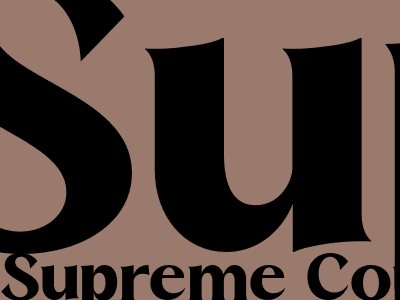
Supreme Court to Hear Case on Alaska Campaign Finance Law
Justices to Consider Whether Limits on Corporate Spending Violate First Amendment
Case Could Have Major Implications for Election Funding Nationwide
The Supreme Court of the United States will hear arguments in a case that could have major implications for campaign finance law nationwide. The case, Alaska Democratic Party v. Alaska Public Offices Commission, challenges Alaska's law that limits the amount of money that corporations can spend on political campaigns.
The Alaska law, known as the "Clean Elections Act," was passed in 1998. It limits the amount of money that corporations can spend on political campaigns to $5,000 per candidate per election cycle. The law also prohibits corporations from making independent expenditures, which are political spending that is not coordinated with a candidate's campaign.
The Alaska Democratic Party and other groups have challenged the law, arguing that it violates the First Amendment's free speech protections. They argue that corporations have the same right to free speech as individuals, and that the law discriminates against corporations by limiting their ability to participate in the political process.
The State of Alaska argues that the law is necessary to prevent corruption and to ensure that elections are fair. They argue that corporations have a disproportionate amount of influence in the political process, and that the law helps to level the playing field between corporations and individuals.
The Supreme Court's decision in this case could have a major impact on campaign finance law nationwide. If the Court strikes down the Alaska law, it could lead to a loosening of campaign finance restrictions in other states. This could make it easier for corporations to influence elections, and could lead to an increase in the amount of money spent on political campaigns.
The Court's decision is expected to be issued by the end of June.